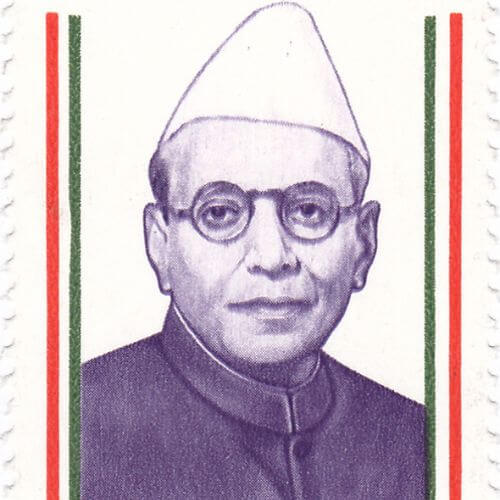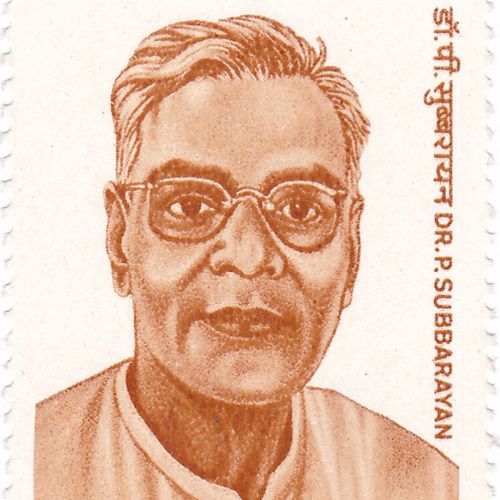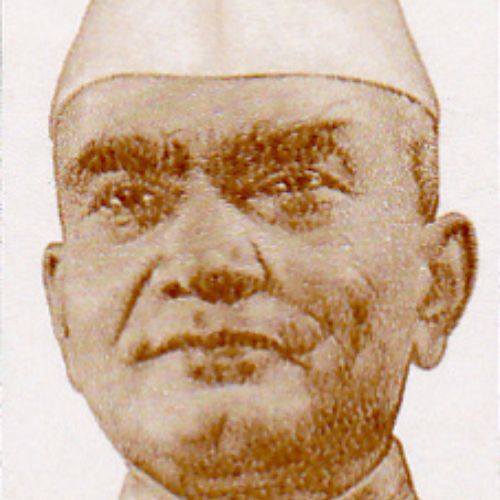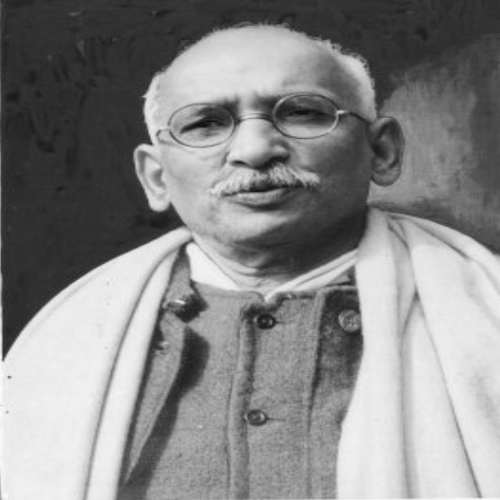Bicameral legislatures have been present in India since the Government of India Act 1919. In his study on constitutional precedents, Constitutional Adviser B.N. Rau noted the advantages and disadvantages of second chambers, which informed the debate in the Constituent Assembly and its committees.
Although the Union Constitution Committee strongly advocated for a second chamber, the Provincial Constitution Committee was uncertain. In fact, out of the six members who responded to B.N. Rau’s questionnaire, five were in favor of single chambers, with only K.N. Katju supporting second chambers. However, the Committee decided to leave this issue to the individual provinces themselves and appointed a sub-committee on 9 June 1947, to investigate the composition and other specifics should a province decide to have one.
Sub-Committee II, appointed by the Provincial Constitution Committee, convened on 10 June 1947 to deliberate and present their findings on the composition of second chambers in provincial legislatures, if deemed necessary. The committee concluded that the upper house should not exceed 25% of the lower house’s numerical strength.
The Committee endorsed the concept of functional representation in the upper house, based on the Irish model, wherein half the seats would be elected by functional interest groups, while the remaining seats would be elected by the lower house via proportional representation or nominated by the Governor.
During the Constituent Assembly Debates, most members opposed the establishment of second chambers in the provinces, as they believed it would cause unnecessary delays in passing legislation. Additionally, they felt that the upper house did not serve any federal function at the provincial level, as it did at the Union level. Thus, the decision to establish a second chamber was left to individual provinces, and this provision has been incorporated into the Indian Constitution.
- The Framing of India’s Constitution 1966, Vol. 2 by Shiva Rao
- The Indian Constitution: Cornerstone of a Nation by Granville Austin




